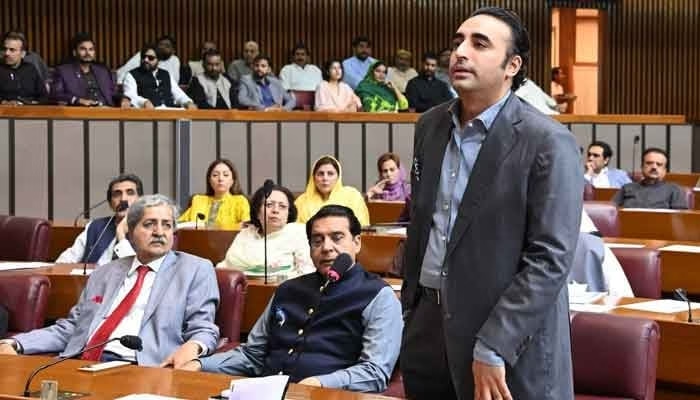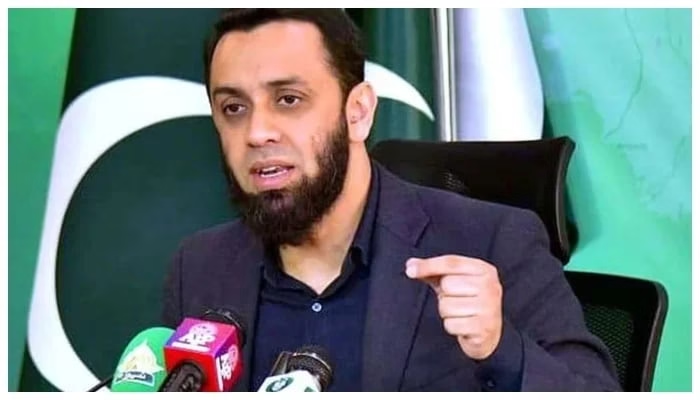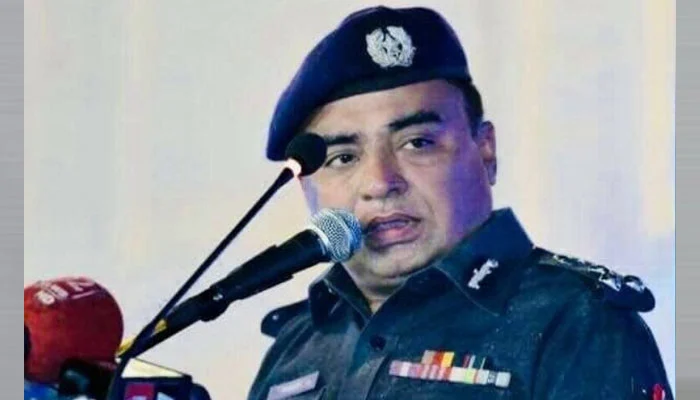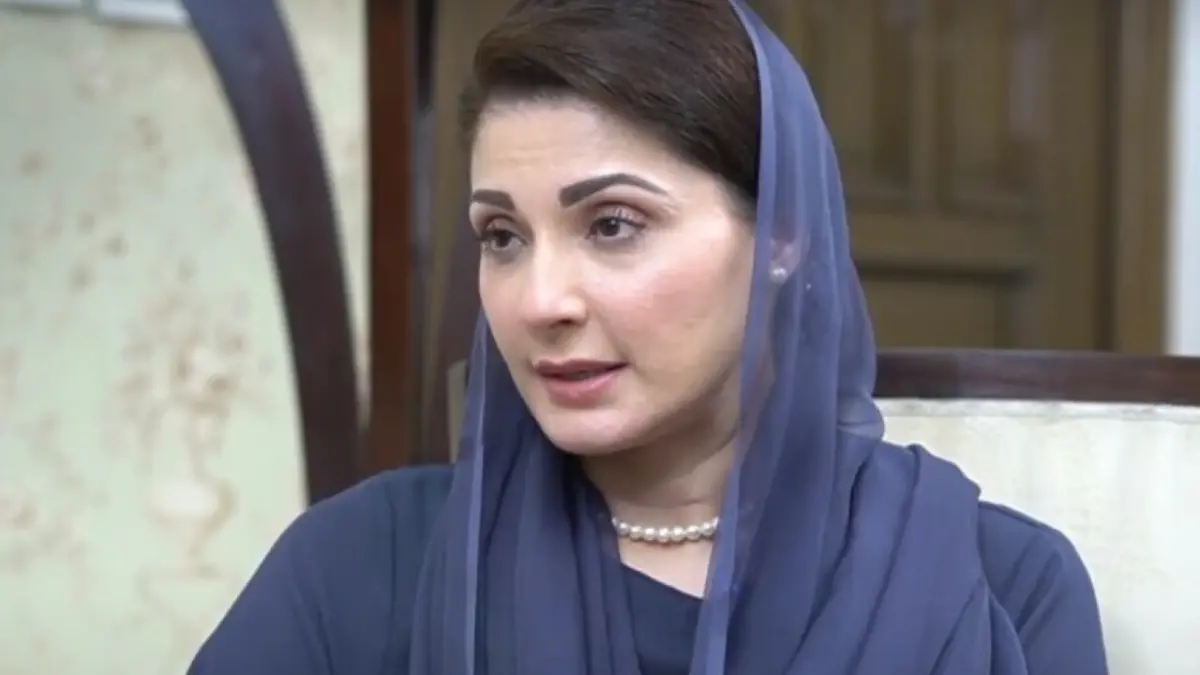Chairman of the Pakistan Peoples Party (PPP), Bilawal Bhutto Zardari, delivered a powerful speech in the National Assembly, firmly rejecting India’s accusations linking Pakistan to the recent Pahalgam incident. His remarks came amid growing tensions between the two countries after the tragic attack that killed tourists in the Indian region of Kashmir.
Bilawal categorically denied Pakistan’s involvement, calling the accusations baseless and politically motivated. Pakistan had no hand in the Pahalgam incident, he declared. But if India insists on demonstrating its madness, let it be known—we will never bow down.
Terrorism Won’t End With Tanks, But With Justice
Addressing lawmakers, Bilawal expressed sorrow over the loss of innocent lives in Pahalgam but condemned New Delhi’s knee-jerk reaction of blaming Islamabad without evidence. The killing of tourists is a tragedy,he said. Yet, instead of introspection, India’s first move was to point fingers at Pakistan.
Highlighting Pakistan’s own struggles, Bilawal reminded the world that his country is itself a victim of terrorism. We have endured countless attacks sponsored from abroad,he noted. I tell India and the world: terrorism cannot be defeated with tanks and guns alone. It requires justice.
His remarks pointed to a broader critique of military-centric counterterrorism policies, suggesting that deeper political solutions are needed to address regional violence.
India Must Answer for Kulbhushan Jadhav and Global Terror Links, Says Bilawal
Turning the spotlight on India’s alleged covert activities, Bilawal challenged New Delhi’s moral authority. “India still owes the world an explanation for Kulbhushan Jadhav,” he said, referring to the Indian intelligence operative arrested in Pakistan and accused of espionage and sabotage.
Pakistan has submitted clear evidence of India’s involvement in terrorism,he continued. “Whether it’s in Pakistan, Canada, or other countries, India’s footprints are there.
His comments referenced recent international controversies, including Canadian allegations of Indian involvement in transnational plots—an issue that has put India under diplomatic scrutiny abroad.
India Is Practicing State Terrorism in Occupied Kashmir
Bilawal didn’t mince words when it came to the situation in Jammu and Kashmir. He accused India of state terrorism against the Kashmiri people, reiterating Pakistan’s position that Kashmir remains an internationally recognized disputed territory.
Kashmir is not a part of India, he stressed. It’s a disputed region under international law. There should be a plebiscite, not bullets. Let the people of Kashmir decide their future.
His remarks reaffirmed Pakistan’s longstanding demand for a United Nations-supervised referendum in Kashmir, in line with Security Council resolutions.
Our Armed Forces and Nation Stand Ready—We Seek Justice, Not Revenge
The PPP chairman praised Pakistan’s military preparedness and national unity in the face of external threats. Our armed forces are fully ready, he declared. “The entire Pakistani nation stands shoulder to shoulder with them.
We are victims of terrorism. We don’t seek revenge—we seek justice, he emphasized. But if India is determined to display madness, then know this: we will not bow down. We will not allow harm to come to Pakistan’s integrity or dignity.
His words drew applause in the Assembly, reinforcing a message of defiance and resilience amid India-Pakistan tensions.
India Must Remove Terrorism From Its Foreign Policy
Bilawal urged India to abandon what he described as “terrorist tactics” embedded in its foreign policy. India needs to eliminate these tactics if it wants peace, he said. War benefits no one. Negotiations and dialogue are the only effective means of resolving disputes.
He called for renewed diplomatic efforts to avoid escalation, warning that military adventurism would only bring more suffering to both nations.
Suspension of Indus Waters Treaty Is a Crime Against Humanity
In a broader critique of India’s actions, Bilawal condemned New Delhi’s suspension of the Indus Waters Treaty, labeling it a crime against humanity.
Pakistan will protect the Indus River,” he vowed. “You may try to divert the waters, but you cannot divert the course of justice.
His remarks underscored the deepening water-related tensions between the two countries, with Pakistan accusing India of using water resources as a political weapon.
A Call for Dialogue, A Warning Against Provocation
Bilawal’s fiery speech combined both a warning and an olive branch: a readiness to defend Pakistan’s sovereignty, paired with a call for dialogue and diplomacy. His message reflected Pakistan’s official stance of resilience against external aggression while seeking peaceful solutions.
As the India-Pakistan standoff over Pahalgam and Kashmir continues to unfold, Bilawal’s address signals that Islamabad intends to push back hard against accusations—while keeping the door to talks open.



